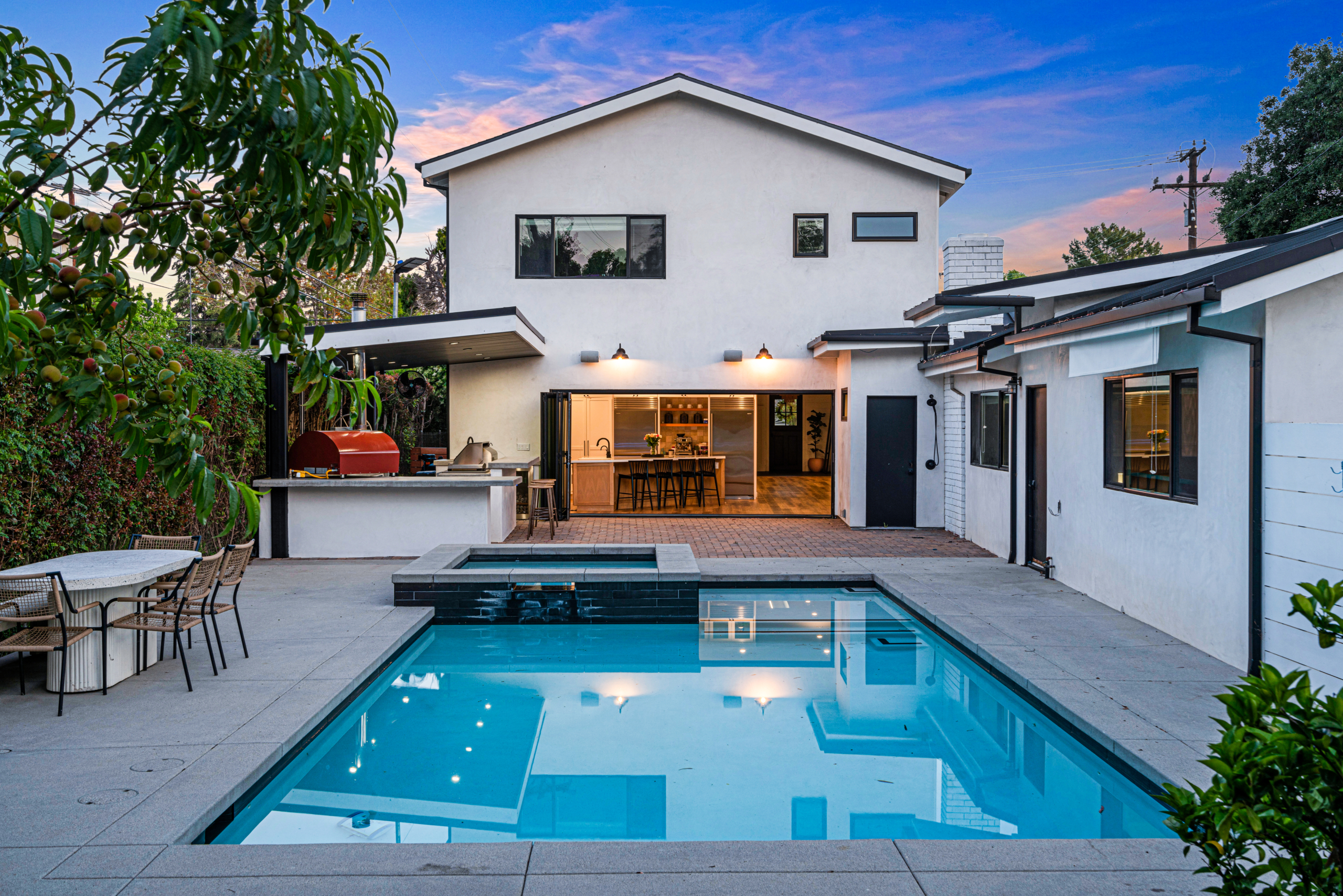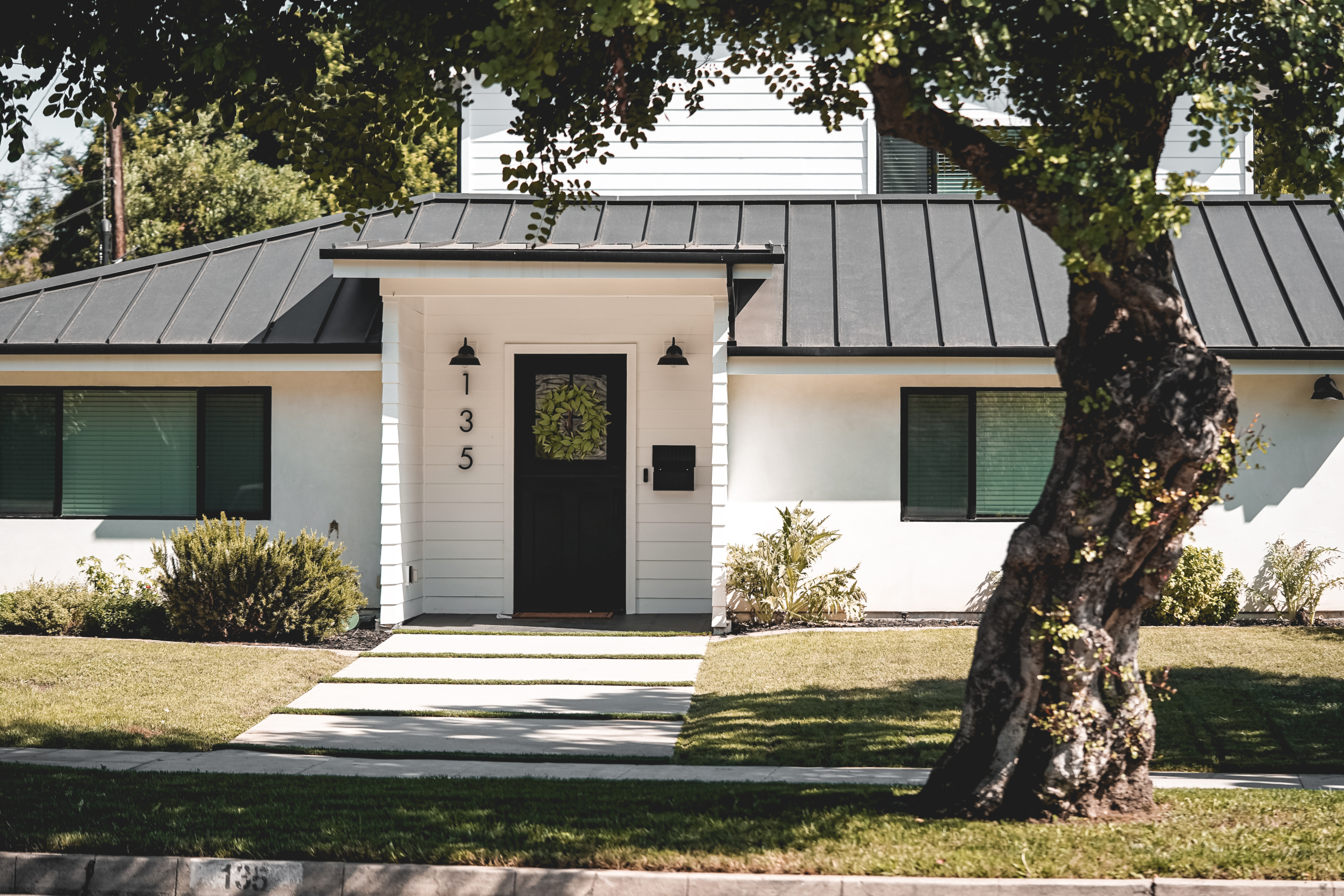Absolutely, let’s dive into the intriguing world of house flipping. It’s an exciting venture in the real estate industry, but is it right for you? In this article, we’ll explore the ins and outs of house flipping, mixing information with a conversational tone to help you decide if this real estate strategy aligns with your goals and interests.
Real Estate: Is House Flipping Right for You?
House flipping has captured the imaginations of many, thanks to TV shows that showcase the transformation of dilapidated properties into stunning homes. While it’s undeniably enticing, house flipping is not for the faint of heart. Let’s delve into this real estate endeavor and see if it’s the right fit for you.
What is House Flipping?
House flipping is the practice of buying a property with the intention of renovating and reselling it quickly for a profit. It typically involves purchasing a distressed or undervalued property, making strategic improvements, and then selling it at a higher price. Here’s a look at what you should consider if you’re thinking about getting into the house flipping business.
The Pros of House Flipping:
- Profit Potential: One of the most attractive aspects of house flipping is the potential for substantial profits. According to statistics, the average gross profit on a flipped property in the United States is around $60,000.
- Creative Freedom: Flipping houses allows you to unleash your creativity and vision. You can transform a rundown property into a beautiful, marketable home.
- Quick Returns: Unlike long-term real estate investments, house flipping offers the opportunity for relatively quick returns on your investment. This can be appealing if you’re looking for a more immediate income stream.
- Market Dynamics: Fluctuations in the real estate market can provide opportunities for flipping. Buying low during a buyer’s market and selling high during a seller’s market can be a profitable strategy.
The Cons of House Flipping:
- Financial Risks: House flipping involves a significant financial investment. If you encounter unforeseen problems or your property doesn’t sell as quickly as anticipated, you could face financial challenges.
- Time-Intensive: Flipping houses is not a part-time endeavor. It requires substantial time and effort to manage renovations, contractors, and the selling process.
- Market Volatility: The real estate market can be unpredictable. While market dynamics can be advantageous, they can also work against you, affecting your potential profit.
- Skill and Knowledge: Successful house flipping demands a good understanding of real estate, renovation, and budgeting. You’ll need to make informed decisions about property selection, renovations, and pricing.
Is House Flipping Right for You?
If you’re considering house flipping, here are some factors to think about:
- Financial Preparedness: Do you have the financial resources to purchase, renovate, and carry the property until it sells? It’s essential to have a realistic budget and a contingency fund for unexpected expenses.
- Market Research: Are you well-versed in the local real estate market? Understanding the demand, pricing trends, and competition is crucial for success.
- Renovation Skills: If you have DIY skills or can manage a team of contractors, it can be an advantage. Knowing how to assess and manage renovations is critical.
- Risk Tolerance: House flipping involves risk, and it’s essential to have the resilience to handle potential setbacks.
- Time Commitment: House flipping is time-intensive. Do you have the time to oversee the project or a trusted partner who can assist?
In conclusion, house flipping can be a profitable and rewarding venture for those with the right skills, knowledge, and resources. It offers the potential for substantial returns, but it also comes with financial risks and significant time investment. If you’re passionate about real estate and renovation, and you’re ready to embrace the challenges, house flipping could be the right path for you.

